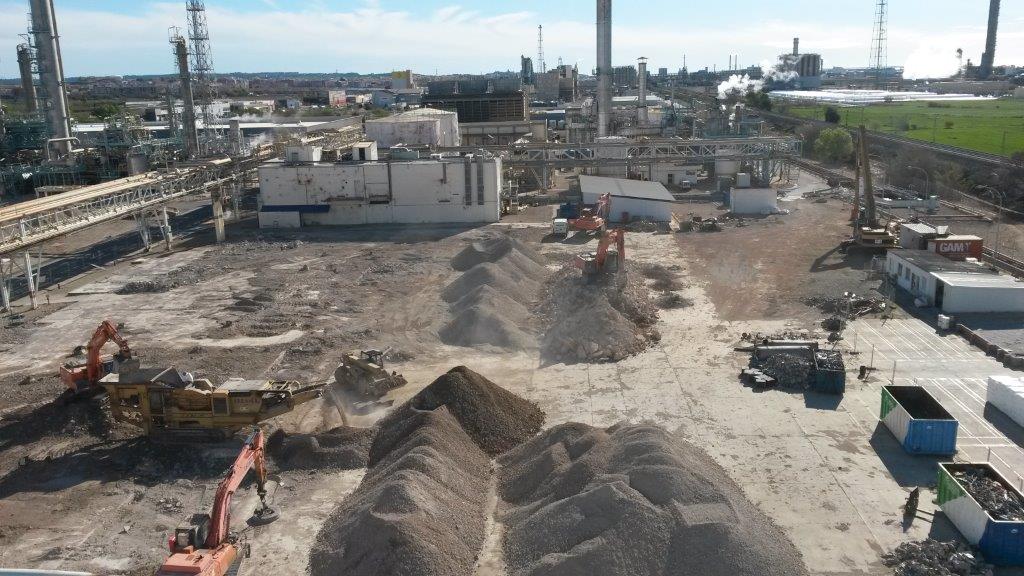Scope & Objectives
Understanding the problem
Construction, renovation and demolition waste (CDW) is one of the heaviest and most voluminous waste streams generated in the EU28 (350 Mt/year, excluding excavation waste). As part of a continuous effort towards a sustainable economy, the EC adopted in 2015 a new Circular Economy Package with measures prioritizing End of Life Building materials among others.


ICEBERG project
ICEBERG will to make significant advances in the uptake of the circular economy in the building industry through the development of innovative circular reverse logistics’ tools and high-value secondary raw materials production technologies to establish market confidence and acceptability of recycled End-of-Life building materials.
ICEBERG aims to design, develop, demonstrate and validate advanced technologies for the production of high-purity secondary raw materials (>92%w) through 6 circular case studies (CCS) across Europe, covering circularity of wood, concrete, mixed aggregate, plasterboard, glass, polymeric insulating foams and inorganic superinsulation materials. ICEBERG will generate cross-cutting integrated smart solutions that encompass three innovative circular reverse logistics’ strategies: an upgraded BIM-aided-Smart Demolition tool; a novel digital EBM traceability platform; and Radio Frequency and QR based identification system.
ICEBERG will develop novel technologies for the recovery of EBM, which include: hyperspectral imaging (HSI), machine-learning software and robotic manipulators to increase sorting efficiency of mixed aggregates; an integrated crushing, sorting and cleaning optimized system and fast pyrolysis and purification processes for wood fractions; thermal attrition mobile unit integrated with LIBS and carbonation for concrete; hydrocyclone combined with HSI sorting and acid purification to increase the purity of recycled plasterboard; a combined process of purification and solvolysis for polymeric insulating foams; advanced hydrothermal and supercritical based processing of glass and silica containing waste. Circular design solutions for greater circularity of EBM and production of innovative circular building products with high purity and recycled content (30% – 100%) will be also implemented.
